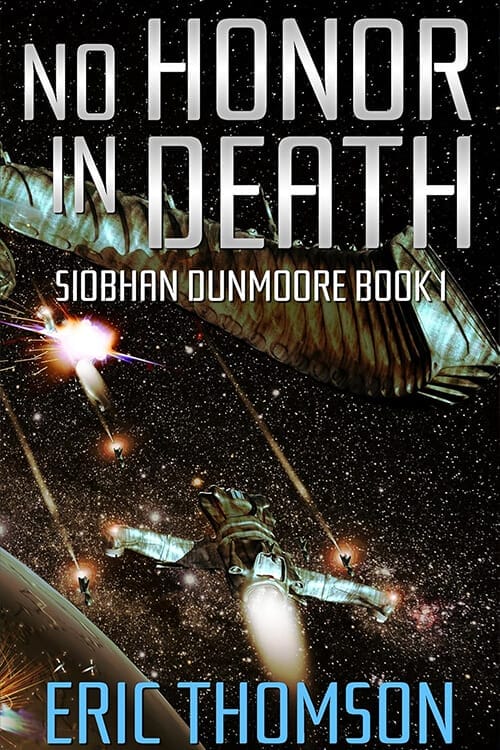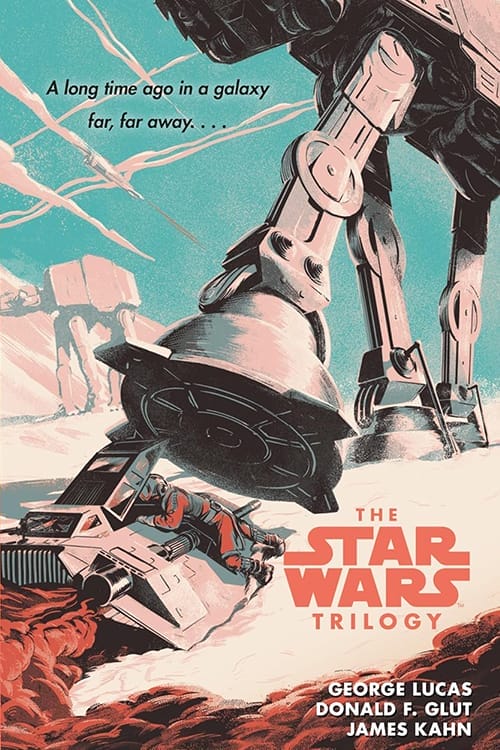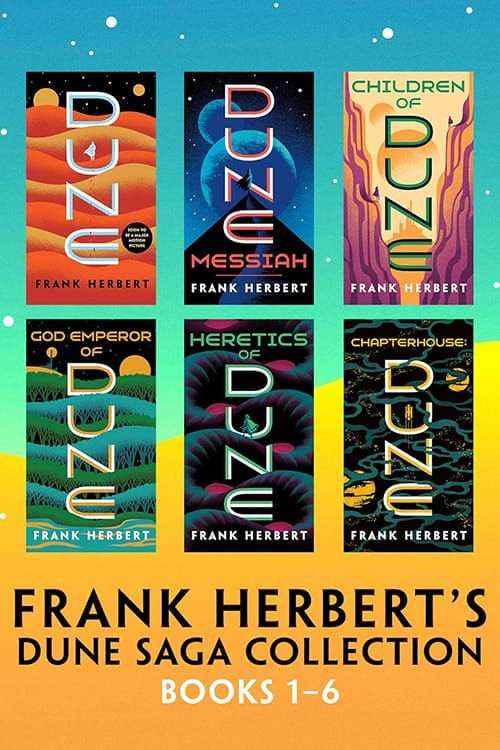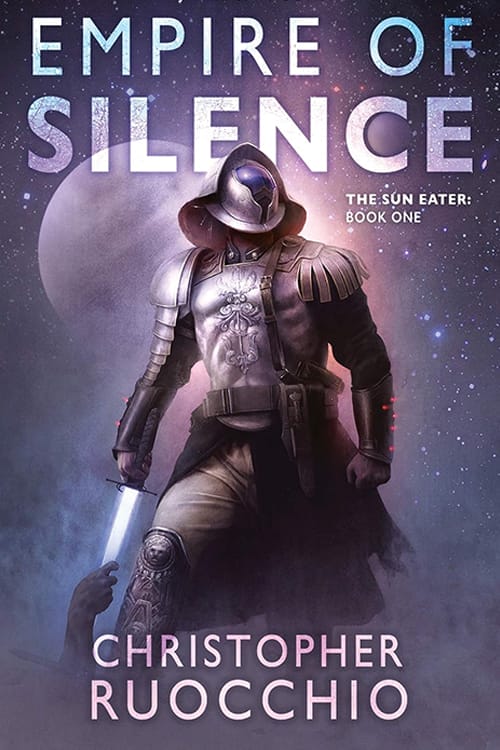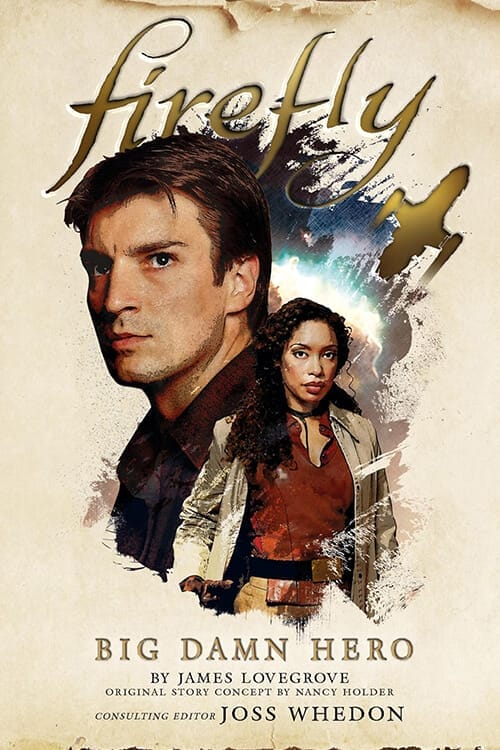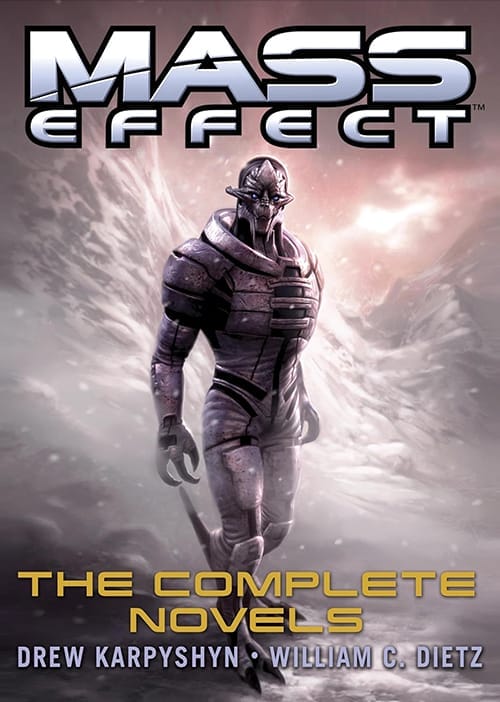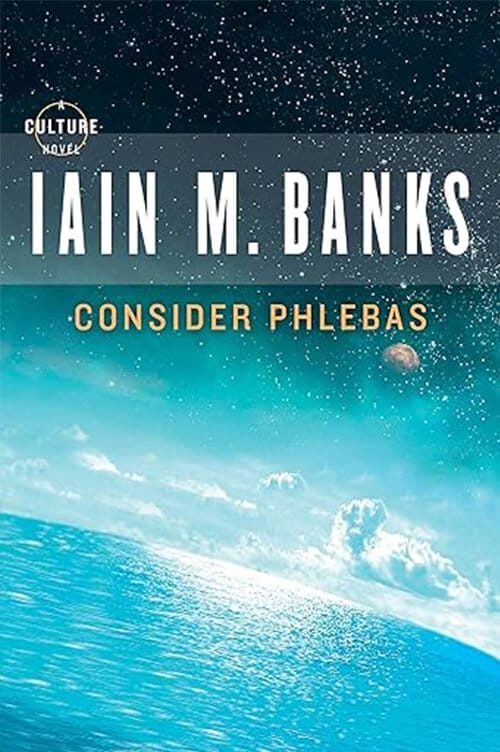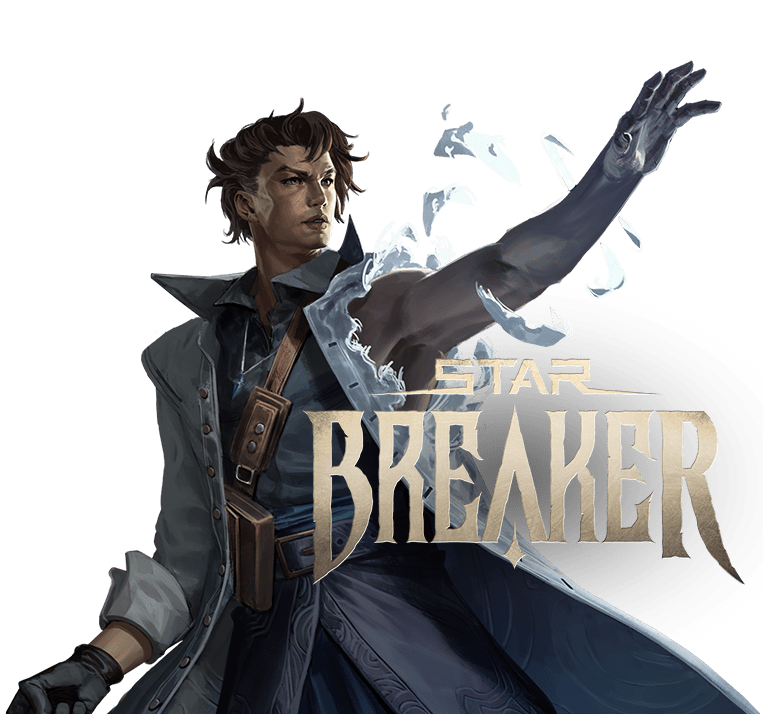DEEP DIVE
Space Opera Tropes Explained
If you’ve read my earlier pieces on Space Opera, you already know that the genre is all about vast galactic settings, colossal conflicts, and strong, larger than life characters.
In this article here, we’ll be taking a closer look at all these tropes and explore what they mean, how they are used, and the stories that have used them best.
So if you’ll pardon the pun, let’s plot a course, fire up the engines, and jump to hyperspace as we dive into all these fun elements!
Trope Type
Galaxy-Spanning Conflicts
Nothing says “Space Opera” like wars that stretch across galaxies.
Why It Matters
Interstellar wars raise the stakes to the maximum, letting us feel the tension of political maneuvering and civilization-level survival. These aren’t typical wars involving city states or nations as we typically see them in fantasy or modern thriller novels. Rather these are immense conflicts that represent the entirety of humanity, spread across dozens or even hundreds of star systems, fighting alien (or even other human!) civilizations, each of them with their own cultures, heroes, villains, and people all thrown into the mix.
It’s this immense scale that helps to not only magnify the stakes of the conflict, but also give a sense of identity and draw to the reader. For if humanity itself is under threat against the unstoppable alien horde, then they can all the easier imagine themselves in that conflict, standing in solidarity with their literary brethren.
Great Reads That Feature Galaxy-Spanning Conflicts in Space Opera
Trope Type
Heroic (or Anti-Heroic) Journeys
From idealistic farm kids to morally grey rogues, these are the characters who start small and end up shaping the galaxy.
Why It Matters
Space Opera characters are designed to ground the cosmic spectacle of these adventures in the context of a personal story. We’re not just watching fleets on a star map; we’re following Luke Skywalker, Paul Atreides, or Owen Deathstalker as they wrestle with destiny. Granted the scope of their adventure might be huge, colossal even, but it’s through their struggle: be it to just simply survive, to uncover hidden answers, or to find their vengeance that the galaxy ends up turning on their actions.
These characters give us something to root for as we follow their journeys and watch how their seemingly simple quests ripple out to change the galaxy.
Great Reads That Feature Heroic (or Anti-Heroic) Journeys in Space Opera
Trope Type
Exotic Worlds & Ancient Mysteries
Unique planets, alien ecologies, and relics of long-dead civilizations are the lifeblood of space opera exploration.
WHY IT MATTERS
Because it’s fun! Okay, I know that isn’t really the best reason to include things, but I also can’t think of a better way of describing it. Just imagine if you landed on a new planet and the first thing you see are floating islands, black lightning crossing the sky, or giant eerie monoliths that your scanner says are denser than a neutron star. You’d be hooked right? You’d want to know why those things are there, how they are happening, or even who put them there. It lets our imaginations run wild much in the way that fantasy does, but on a scale that’s even larger than what we would otherwise find.
Great Reads That Feature Exotic Worlds & Ancient Mysteries in Space Opera
Trope Type
Spacefleets and Starship Battles
Massive dreadnoughts, nimble fighters, full fleet engagements, it all sounds awesome right? Of course it does!
Why It Matters
Who doesn’t like seeing hundreds or even thousands of ships duking it out in orbit or deep space, unleashing tidal waves of destruction upon their opponents? I certainly do! It is the perfect way to showcase the scale of the overall storyline and the consequences of it. But more than the battles themselves, they give us authors a way to dramatize the overall political stakes and the cost of wars that so commonly frame these stories. (Oh, and also maybe kill off a major character or two?)
Great Reads That Feature Spacefleets and Starship Battles in Space Opera
Trope Type
Drama
Romance, betrayal, family secrets, and sacrifices. All the spices that make for a great story.
Why It Matters
Because it helps turn these galaxy spanning stories into something not only relatable, but also into something human. Without the emotion, the tension, and (usually) the heartbreak that these stories can inflict on us, a space opera without any, or even sufficient amounts of this element would be a right bore to read. It lets us not only attach ourselves to the characters, but also push us forward in reading their stories, looking forward to the moment where they either succeed or fail in their journies.
Great Reads That Feature Drama in Space Opera
Trope Type
Soft (or Mysterious) Science
Hyperspace drives, psionics, ancient precursor tech and more are all ‘sciency’ things that ‘work’ because the story needs them to.
Why It Matters
I’m sure by now you’ve all heard of the term ‘hand-waving’ and that much like the jedi command that usually follows it, it means ‘don’t think about how this works too hard’. It’s a way for authors to help readers focus on on the epic adventures and characters in the story without getting too excessively bogged down in the minutia of ‘how things work’. But don’t think of this as a hard and fast rule, there are plenty of space opera styled stories that feature ‘Hard Science’, but by majority, the genre is known for its soft and subtle approach.
Great Reads That Feature This
Trope Type
Found Families and Loyal Crews
Who doesn’t love a ragtag team of lost souls and misfits who become true family?
Why It Matters
It’s no secret that space is cold. Really, really, really cold sometimes, and discounting most kinds of stellar anomalies there’s nothing better than a relationship to bring warmth and humor to the cold void of space. Whether they are an enemies to friends (or lovers!) situation, a ‘the-needs-must-when-the-devil-drives’ partnership, or a fated arrangement by powers unknown, nothing adds more to a story than the bond of friendship and family. It’s what makes our characters do really stupid things or really heroic things when their tribe is threatened, giving us all the excitement and drama that we need to keep on reading.
Great Reads That Feature Found Families and Loyal Crews in Space Opera
Trope Type
Ancient Evils and Hidden Powers
Mysterious forces or godlike species shaping events from the shadows are just par for the course.
Why It Matters
Because it adds that level of cosmic mystery and wonder that allows us to question heavy and profound topics such as destiny, free will, and—depending on the series—ours or humanity’s place in the universe. For ages we’ve wondered and debated if we are in control of our actions, if what we do every day truly matters. It doesn’t matter if this is from a religious perspective or a political one, the underlying theme is all the same – is there a hidden hand guiding us? Are we really doing what we want to do? Are our leaders actually leading? Or are they being manipulated by powers beyond our understanding? Regardless of the one it is, the answer always leads to exciting adventures and fun stories.
Great Reads That Feature Ancient Evils and Hidden Powers in Space Opera
CONCLUSION
Ancient Evils and Hidden Powers
So there you have it! A mostly complete, but no means exhaustive list of the major elements, tropes, and story styles that you’ll potentially see while reading through the Space Opera genre. Of course some series might lean into these elements harder, softer, or even not at all, depending on their overall stories lines, so you can expect to still find a great deal of variety in your journey!
Hopefully this deep dive was helpful in getting you all to discover more about the nuances of the genre – all while giving the reads that I personally loved the most! I hope that you find a few gems in the mix and enjoy your next reading fix!











